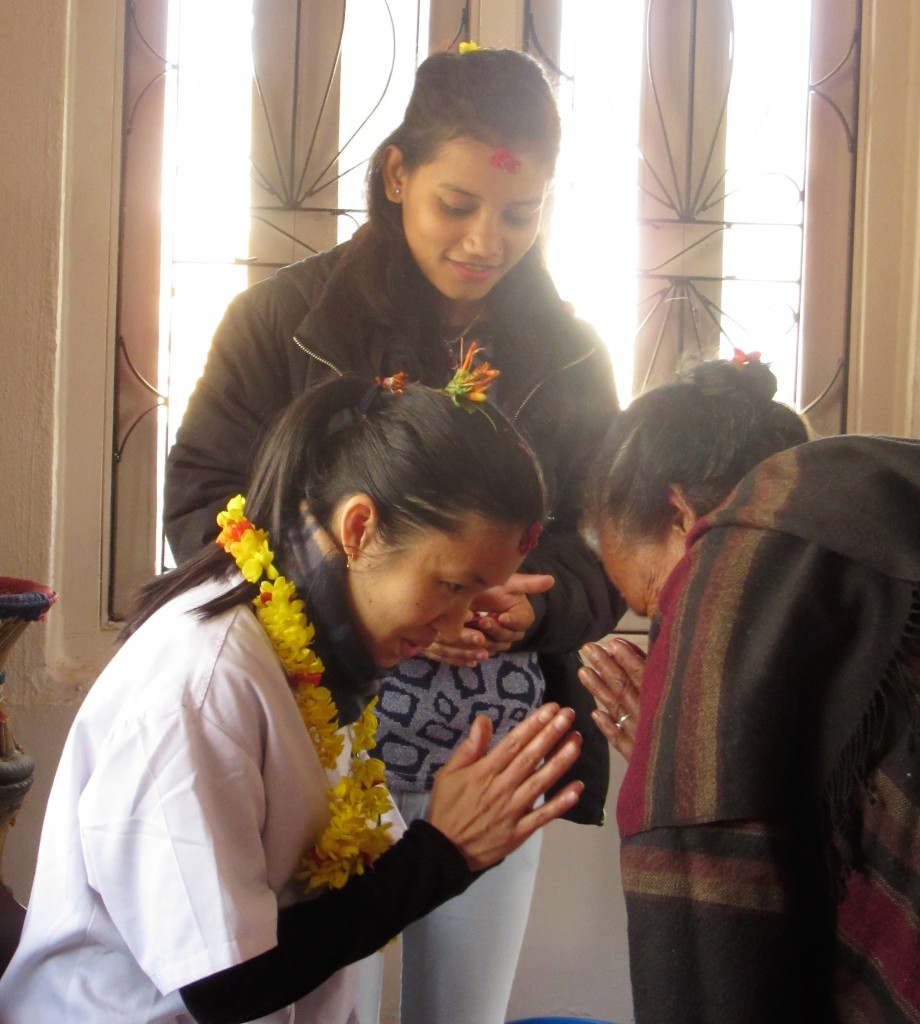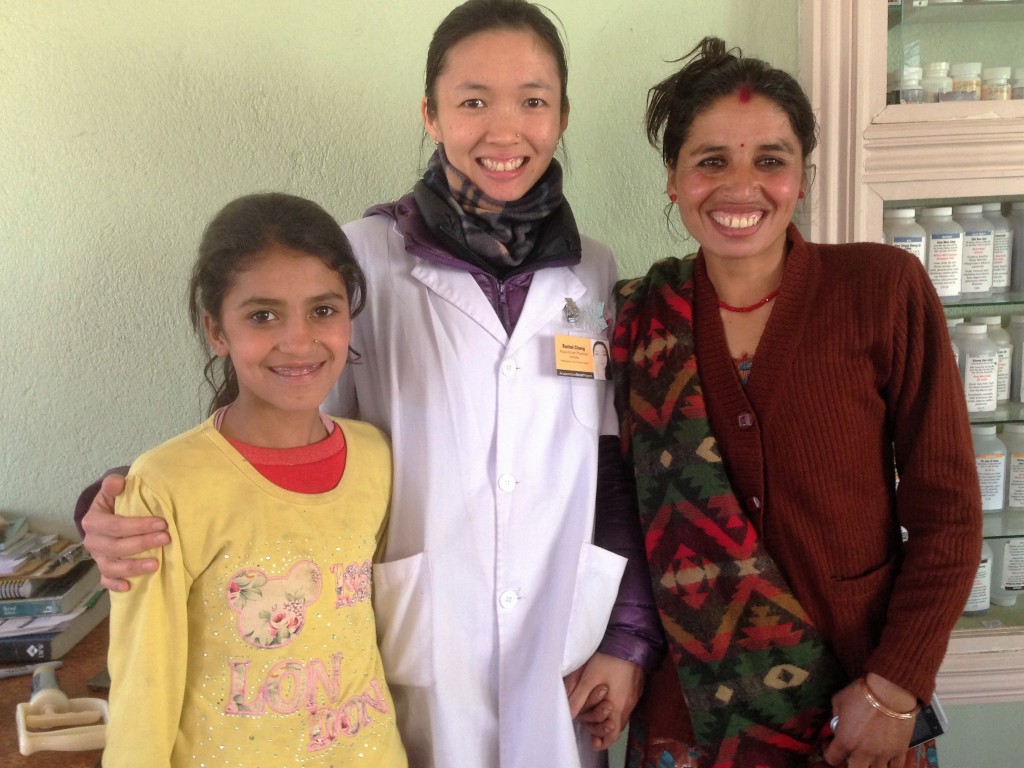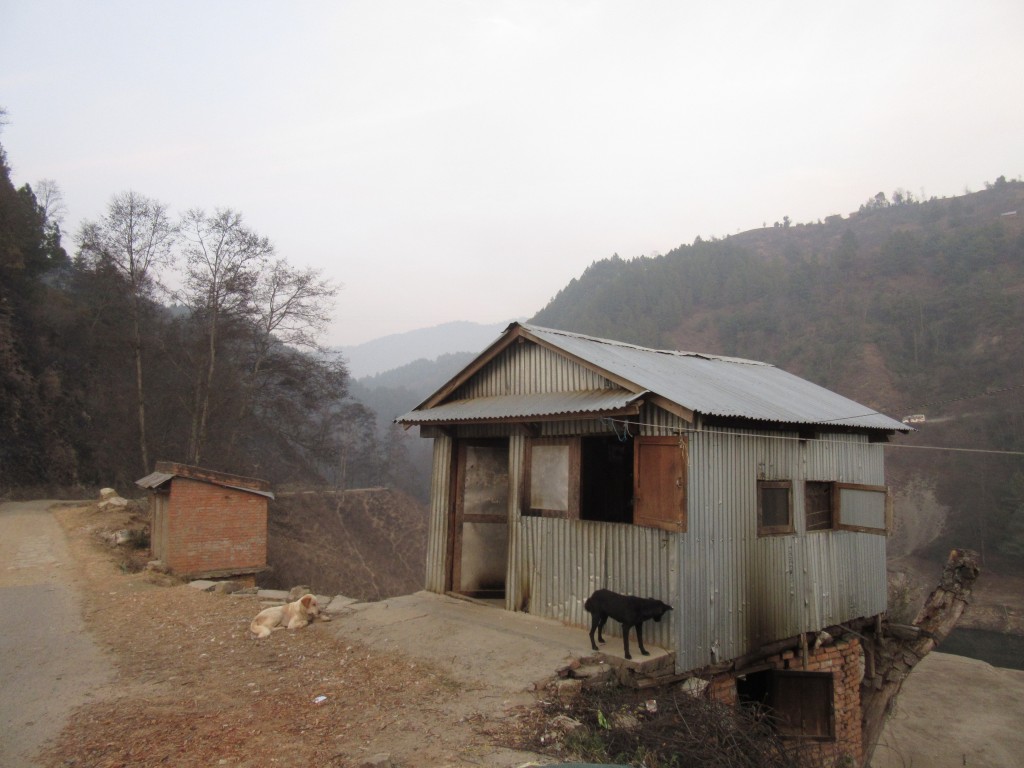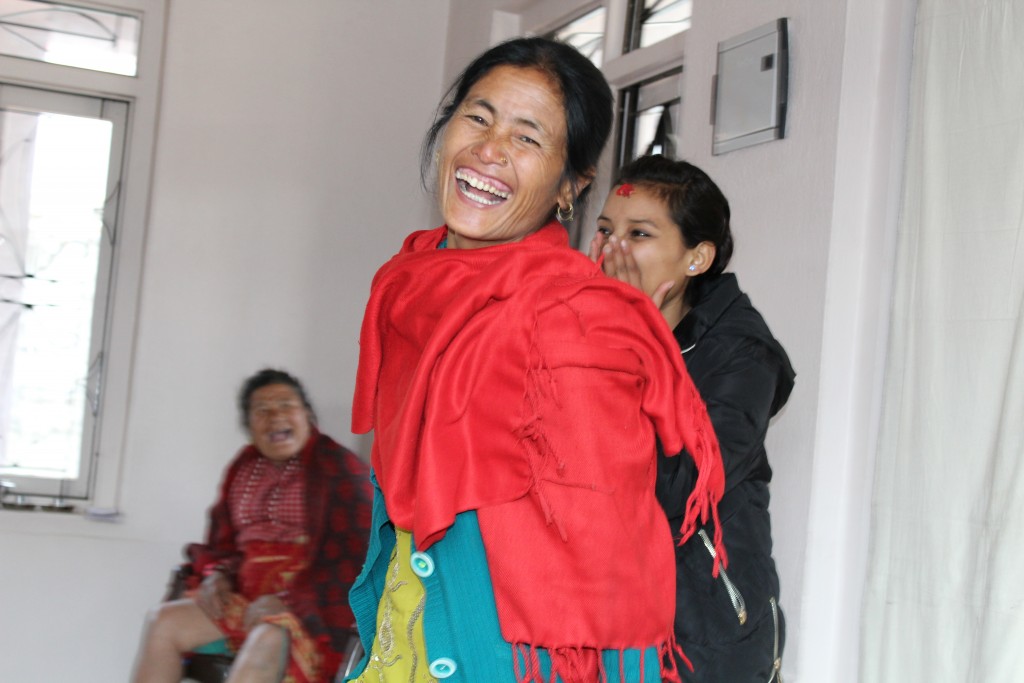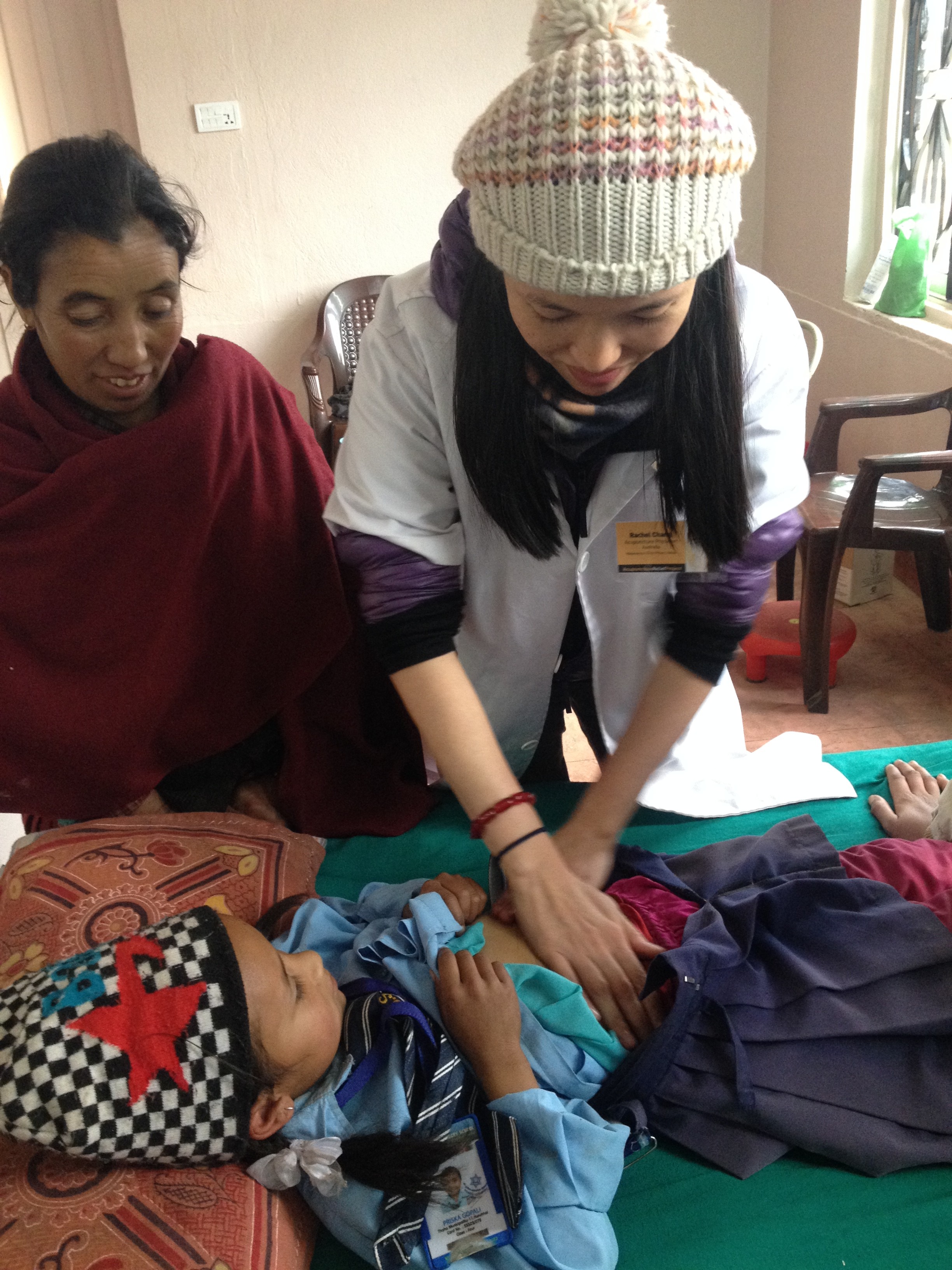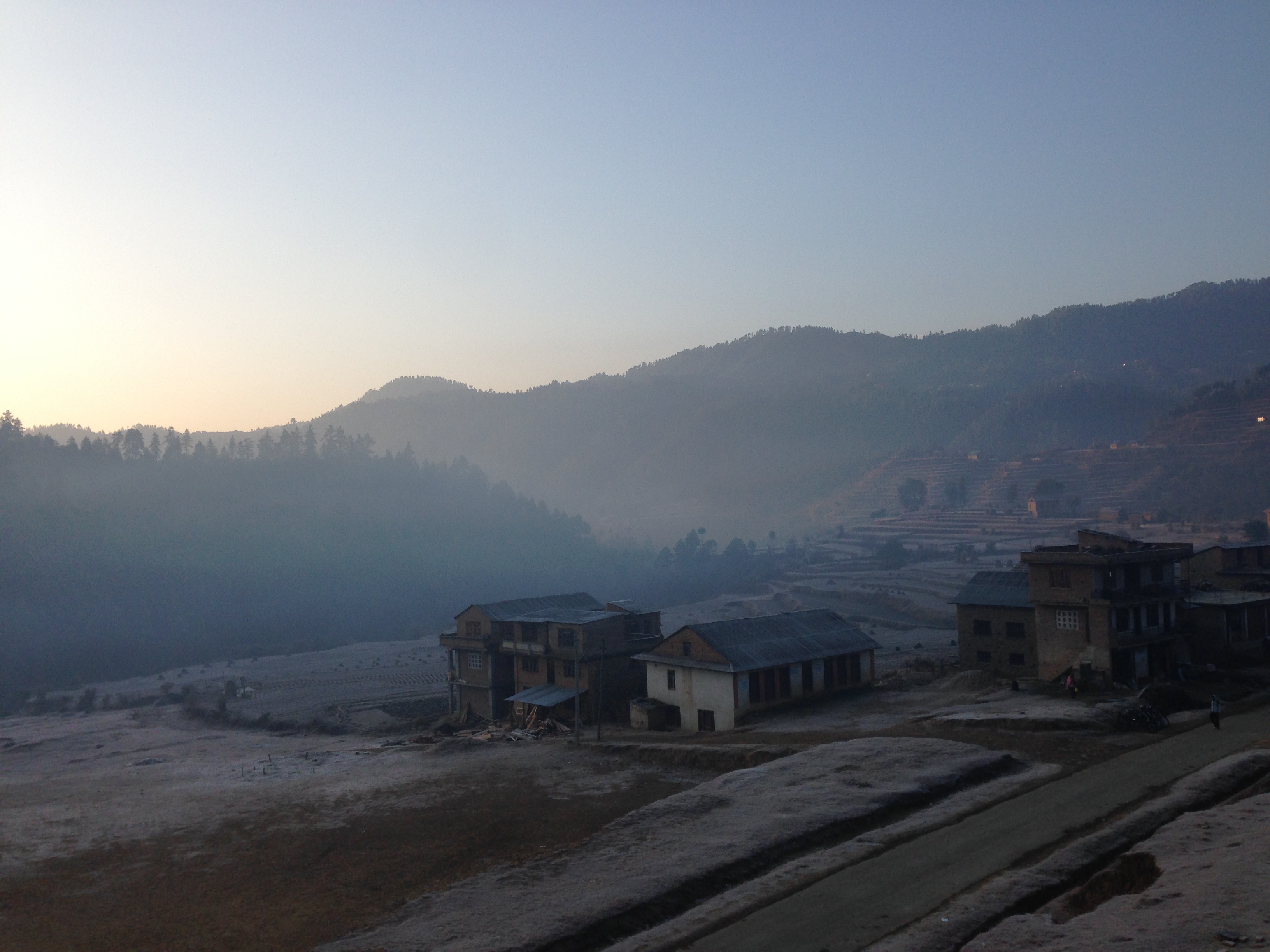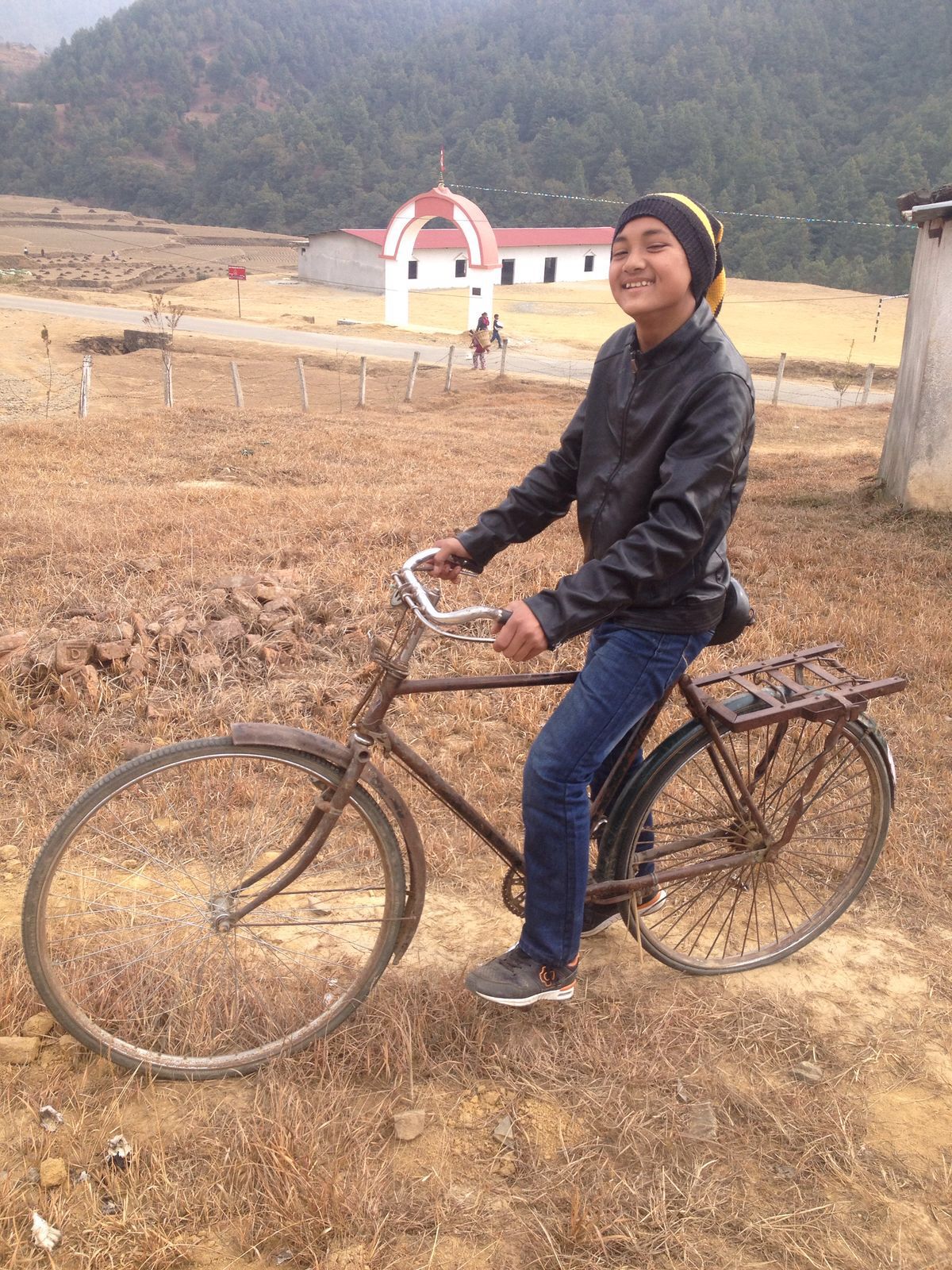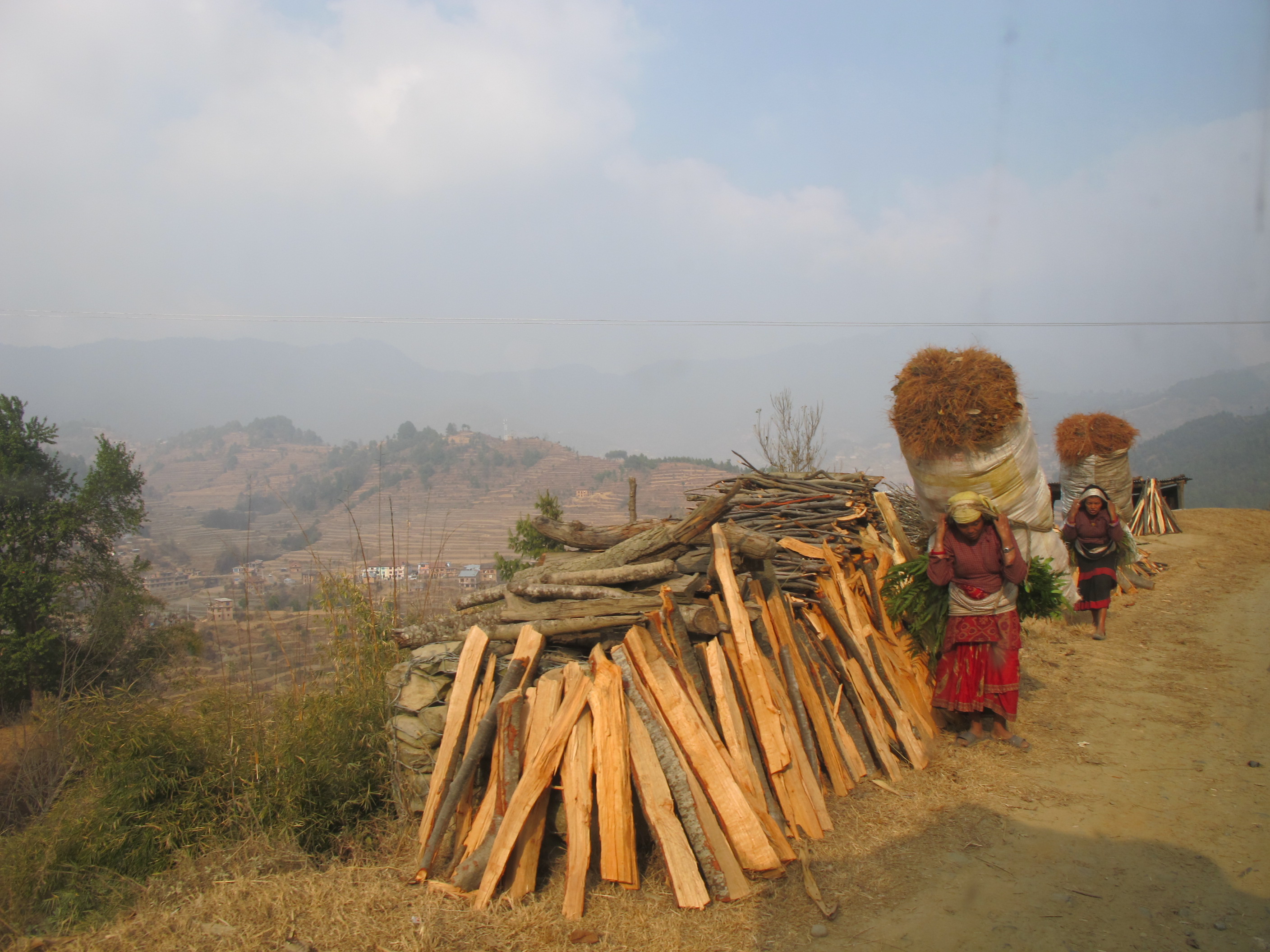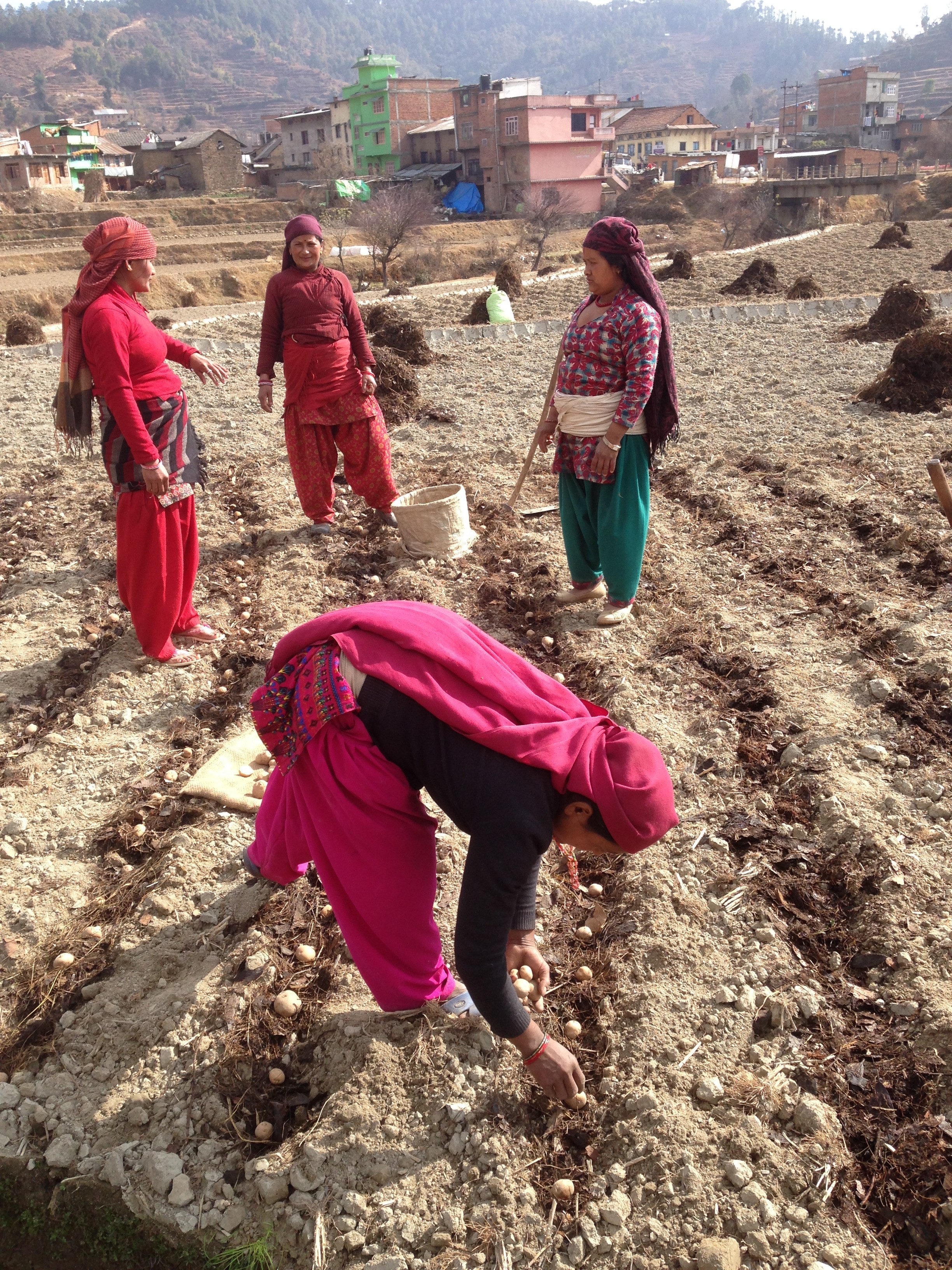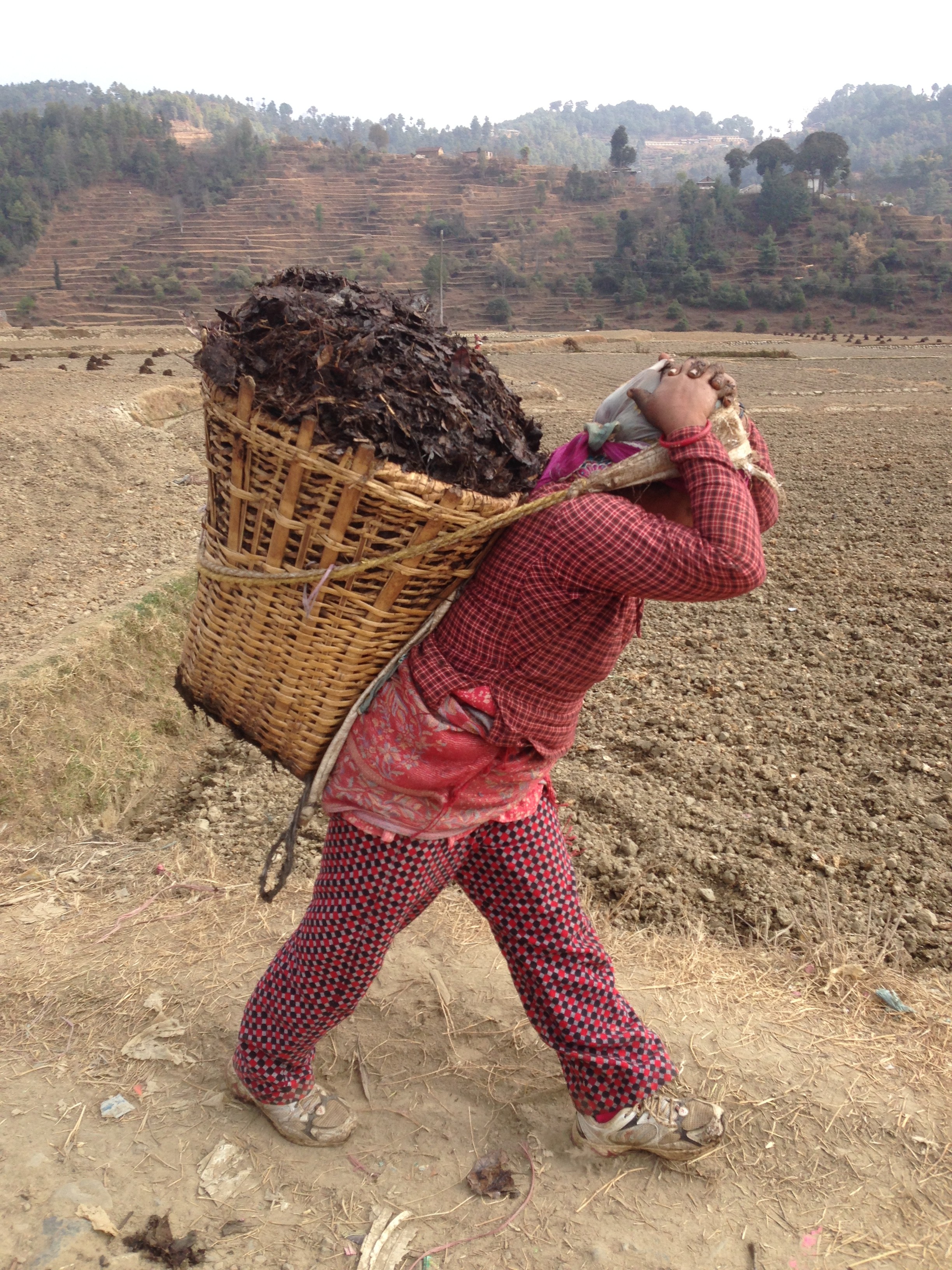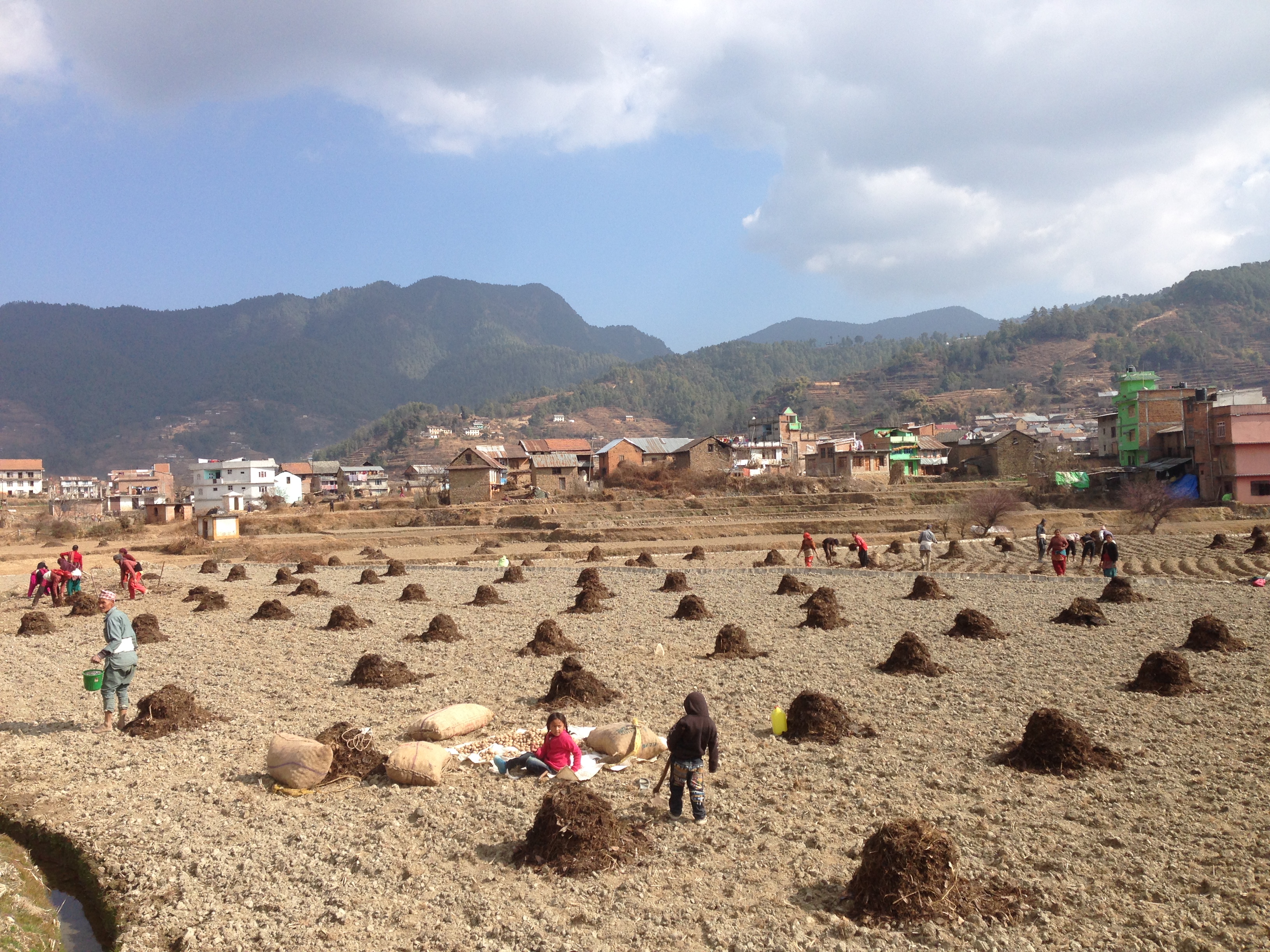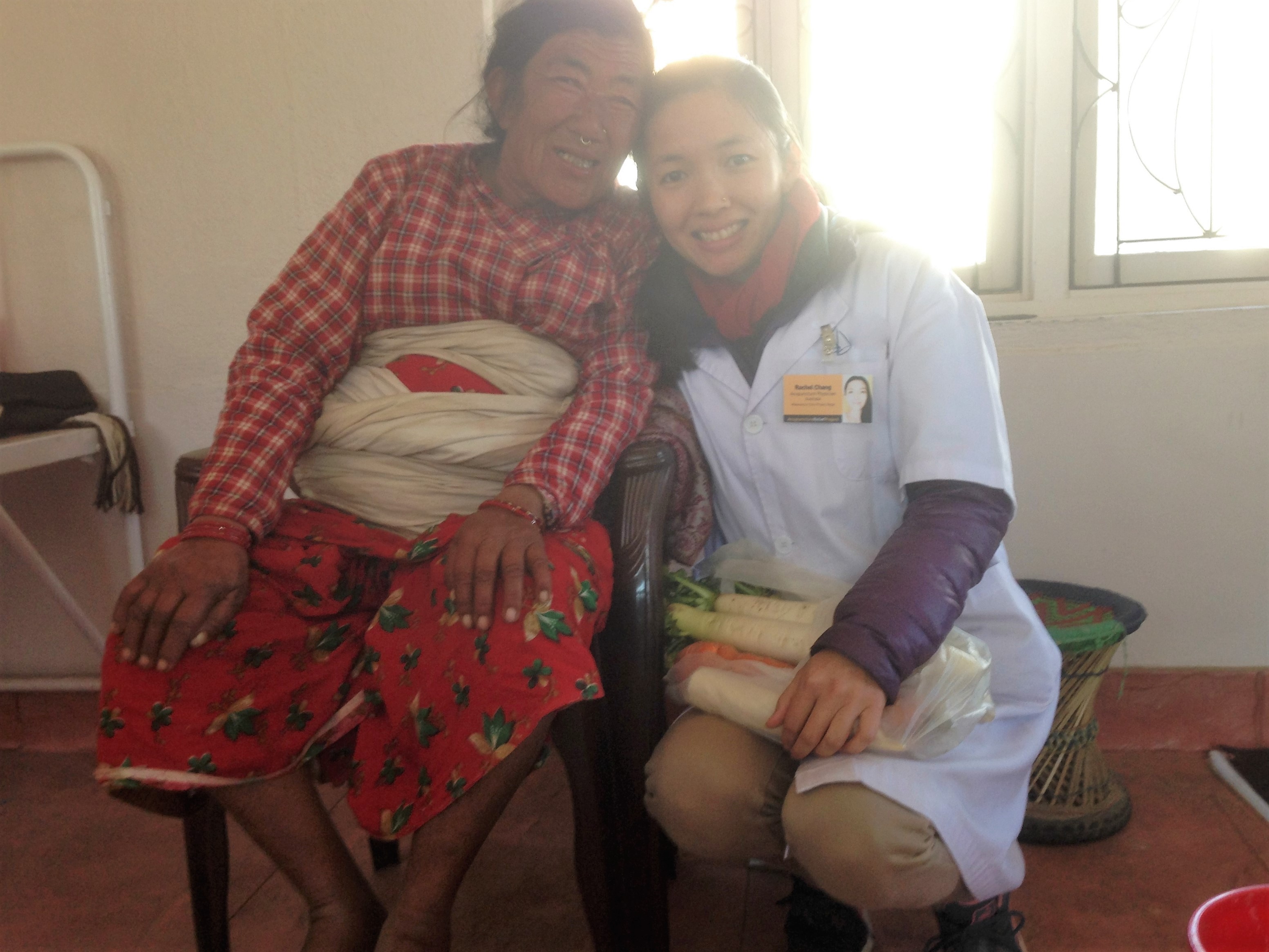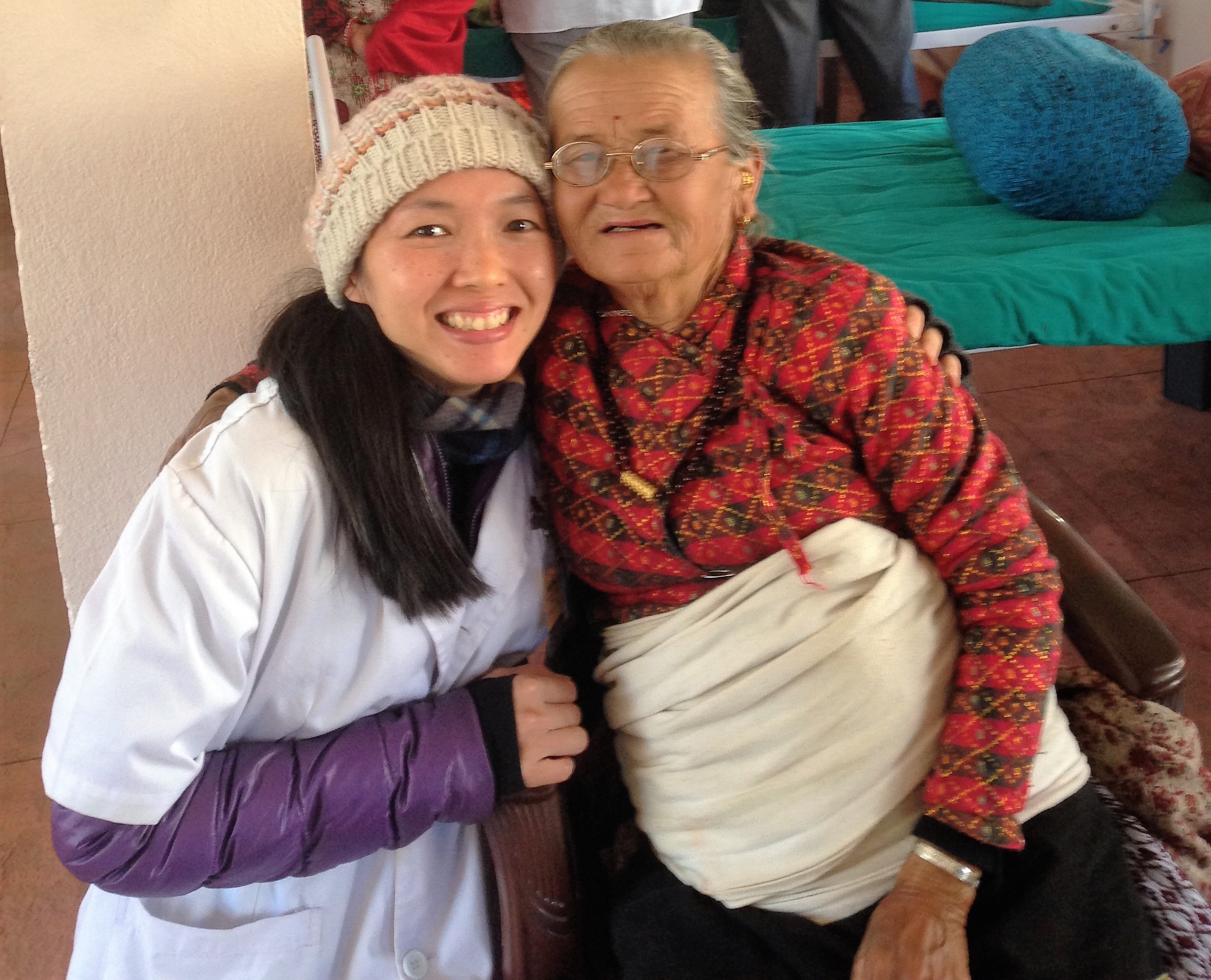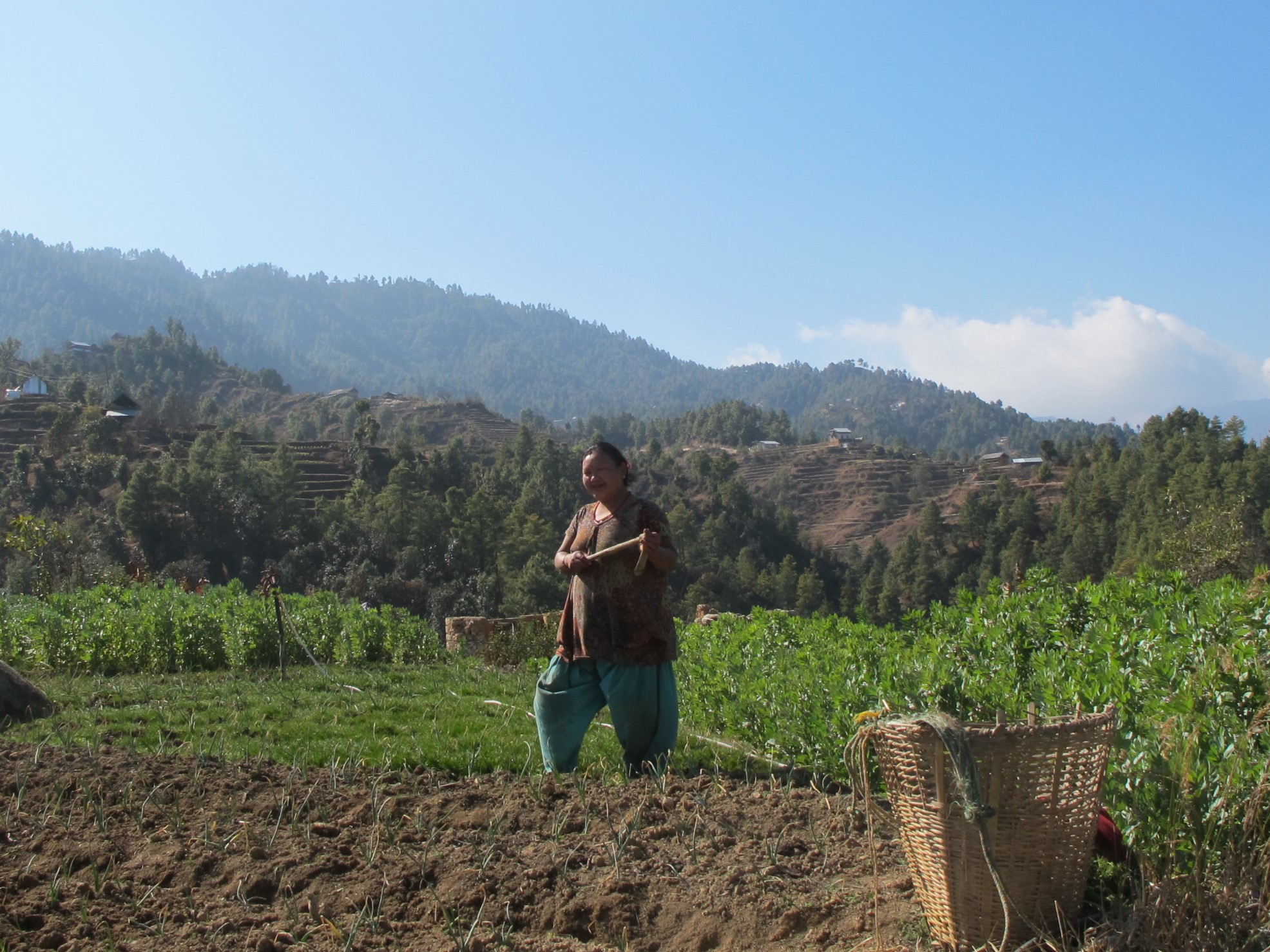So why is it that the more affluent our society the less happy we are? Is it because the more we have, we become more selfish as we try to protect our comfort and mindlessly seek pleasure? Most of the patients we looked after own a small farm where they have just enough vegetables, buffaloes, goats and chickens to sustain themselves. Perhaps it is because the villagers don’t have many possessions that they have nothing to lose.
Over there we had to ask whether soaps are available in the villagers’ homes and educate them on how to prevent illnesses with good hygiene. Here, we can spend a long time choosing and deciding which flavor or colour of soap we want. It seems what makes our worlds different is that they don’t have a choice, and we have too many. After living in the village for 2 months and being on a diet that I had little choice over, when I returned to Kathmandu and was given a menu at a restaurant, I couldn’t decide what I wanted to eat because I would’ve been happy with anything that was served.
We are lucky to be born needless to worry about our survival. We are bombarded with so much information and choices every day that if we don’t have a strong philosophy and a clear purpose in life, it can be very overwhelming. Lost in this information-focused society, we can spend our whole lives just merely existing, rather than creating something of long-lasting value. Dr Viktor Frankl is well known for surviving the World War II Nazi concentration camp. In his book ‘Man’s search for meaning’, he writes, “The abuse of every kind of passion has resulted in an age in which all types of idealism have been destroyed. While we would normally expect to find the younger generation extremely passionate and idealistic, today’s generation, today’s youth, have no ideals at all.” Our society is plagued with a sense of powerlessness and spiritual poverty, it is as if deep down inside, there’s nothing worthy for us to fight for.
Many of us don’t know where our food comes from, or what is in season. We can eat whatever we want, when we want, simply because we can. The average income earner is unable to own a house without being bound to a 30 year mortgage. We are obsessed with how we look. We fear being judged, and judge others by their appearance and what they have. We are one of the most heavily drugged countries in the world as we are no longer in tune with nature and have forgotten ways to prevent illness. Food – Shelter – Clothing – Medicine, our four basic necessities of life are exploited to the extent that there is no value in them anymore. We have to stop and ask ourselves what does it mean to be a responsible human being. Are we being true to ourselves?
Though the nature of suffering may be different, I realized that physical poverty and spiritual poverty are essentially equal in significance. Affluence alone doesn’t lead to happiness because I’ve seen with my own eyes that even though villagers living in third world Nepal have nothing, they can still be happy and have an enormous capacity to give. At the end of the day, what matters is whether we have lived a purposeful and contributive life true to ourselves no matter where we are.

